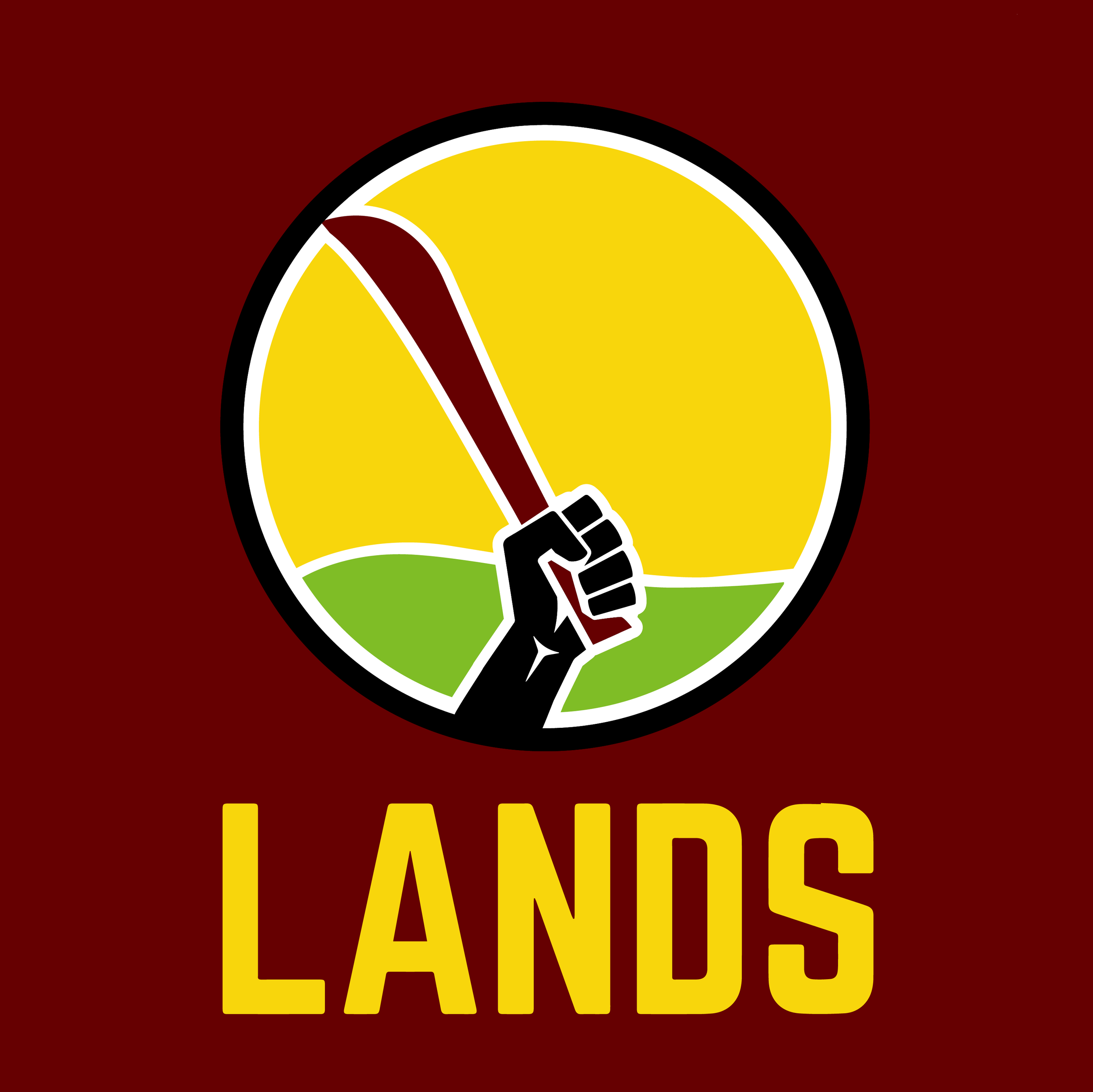On the International Day of Solidarity with the Palestinian People
Today we reaffirm our solidarity with the people of Palestine and their ongoing national liberation struggle against the genocidal Israeli occupation. Observance of the International Day of Solidarity with the Palestinian People was declared by the United Nations General Assembly in 1977. Since then, multiple declarations by the United Nations General Assembly have condemned the Israeli occupation of Palestine and affirmed the right of the Palestinian people to struggle by any means, including armed struggle, in pursuit of their self-determination.
History
Israel’s creation in 1948 depended on the Nakba, an act of genocide where over 80% of the people living in Israel’s claimed territories were forcibly displaced. This was facilitated by the British, who had gained control of Palestine just a few decades before. In 1917, the British promised European Zionists that they could use the British colony of Palestine to establish their own nation. We recall the British Empire as responsible for the enslavement of our ancestors, the deliberate underdevelopment of our island under their administration, and their refusal to pay reparations for the value that they extracted from our people during centuries of colonial brutality. Our solidarity with Palestine is built on a shared history of resistance against colonialism.
Historically, our government has championed anti-colonial causes all over the world. There was bipartisan support for a boycott of the apartheid regime in South Africa, and the government of the 1970s openly supported the liberation of Angola and its resistance to South African occupation. While we were opposing apartheid in South Africa, Israel was one of South Africa’s biggest allies. The founders of Israel admired Cecil Rhodes and sought to emulate the white supremacist settler-colonial project in Rhodesia.
In 1967, nearly 2 decades after it already stole most of Palestine’s land, Israel aggressively aimed to annex the lands from what remained of Palestine and some neighbouring states. Since then, Israel has been illegally occupying the Golan Heights which the international community recognises as rightfully belonging to Syria. In December 2021 and even up to yesterday, the 28th of November 2023, the United Nations General Assembly passed a resolution condemning Israel’s continued occupation of the Golan Heights in Syria.
The Government of Jamaica
We are pleased that the Jamaican government has expressed support for resolutions that affirm the Palestinian people’s right to self-determination and that condemn Israel’s occupation of the Golan Heights. With that said, we find it very strange that the government claims to support a two-state solution while still refusing to officially recognise the State of Palestine.
We are also deeply concerned that there will be “participation of ambassadors and government officials” at a “Celebration in Solidarity with Israel” today. This is a closed-door event where attendees are required to register beforehand, told to dress formally, and asked to donate large sums of money; it is not something where the Jamaican masses are welcome to be present. This event is being hosted by a group that publicly promotes a map of Israel where the Syrian Golan Heights and all remaining territories of Palestine are annexed by Israel. Attending this event hosted by this group would call into question the government’s claimed positions on the two-state solution and the Israeli occupation of the Golan Heights.
If our government wants to claim to support the two-state solution, it must respect the sovereignty of Palestine no less than it respects the sovereignty of Israel. We call on the government to officially recognise the State of Palestine, just like a majority of the world has already done.
Our Position
Since 2017, the official position of our movement has been in favour of a single state where all people live with equal rights regardless of race or religion. We spoke about the issue again in 2021. We believe that the current situation in Palestine makes the two-state solution untenable. Israel has never respected the internationally-recognised borders of Palestine. Israel has repeatedly ordered military incursions and illegally built new Israeli settlements in the West Bank, leading to a situation where Palestinians in the West Bank cannot travel between major cities without passing through Israeli-administered checkpoints, a setup that is widely considered to be the same as the apartheid model in 20th century South Africa.
Arguably, the two-state solution has failed. One could also say that it has been sabotaged; Israel’s actions, that make the two-state solution untenable, were done deliberately rather than by mistake. Nevertheless, “the two-state solution” has been the official international position to express support for Palestinian self-determination.
Locally, we continue to call for the government of Jamaica to sever its ties with the government of Israel and to cancel all contracts with Israeli contractors. These calls were a part of the March for Palestine that we led on November 4 of this year.
Our next steps will be to regroup the organisations and people who participated in the March for Palestine, so that we can continue the work of solidarity with Palestine. In addition to this, we intend to begin holding events for public education and public discourse on this issue, which may serve as a springboard for similar events on local issues like constitutional reform.
Solidarity with Palestine is not just about Palestine. The crisis in Palestine serves as a catalyst for social justice struggles all over the world. The governments that are giving the most support to Israel are being rocked by protests and demonstrations in solidarity with Palestine; public opinion is shifting very quickly, and many people realise that their elected “representatives” do not properly represent them at all. The experience that people gain from organising and mobilising around internationalist struggles can be used for local issues as well; the work we do for Palestine today will help us with our own social justice struggles tomorrow.
